Thank you to Rocky Mountain PBS for doing this piece on us. Watch the video here.
A smiling face and a warm “thanks” is exchange enough for a hot meal, according to Hector Diaz. When he gives a freshly cooked meal to an unhoused person, he said, “It’s good to see their faces.”
“Here’s our famous pork,” Diaz said, handing a paper plate with steaming, aromatic Cuban food out his food truck’s window.
The patron smiles back.
Diaz, the founder and owner of Cuban restaurant “Lucy I’m Home,” is part of a network of food trucks that provides free meals on Mondays in the parking lot of Westside Cares, a direct services organization.
“It’s just a way to give back to the community and hopefully help people get back on their feet,” Diaz said.
Tracey Porter, a community member who wanted to find ways to serve the unhoused community during the COVID-19 pandemic, founded Food Trucks Against Homelessness in hopes of aiding struggling local businesses and providing much-needed nutrition and socializing for people experiencing homelessness.
“Our small business community needed support during COVID, and it helps people who need a home-cooked meal,” Porter said. “It’s a win-win.”
Every Monday, Porter coordinates food options outside Westside Cares in the Old Colorado City neighborhood of Colorado Springs, serving up hot meals to those receiving services, like retrieving mail, applying for a state-issued ID or picking up toiletries. Porter chose the time and location because Monday is “mail day” for the unhoused people who use Westside Cares as a mailing address.
“Everybody deserves a home-cooked meal,” Porter said. “Everyone wants the opportunity to go out to eat, so it gives them a sense of normalcy. We all deserve to have normalcy.”
Food trucks typically feed around 80 to 100 people, Porter said. She covers the cost of food and supplies and asks food truck workers to donate their time. Getting commitment from trucks can be difficult, Porter said, and she will work with any truck and welcomes those interested in helping.
On Mondays when no food truck is scheduled, Porter and a team of volunteers still serve hot meals from local restaurants like La Casita. Along with the fresh meal, they also provide a weekly pantry of clothing, hygiene products, books, and snacks.
“Our houseless neighbors are amazing people,” Porter said.
On May 8, “Lucy I’m Home” served its marinated pork, black beans cooked with onions and spices and deep-fried plantains. The pork entrees have earned a reputable status in Colorado Springs. Marinated for eight to ten hours with mojo sauce, cumin, garlic and onions, the meat is then cooked slowly at a low temperature. Just before serving, Diaz turns the heat up to give the pork a crispy edge.
The truck traditionally uses Cuban bread from a Puerto Rican bakery in town to make sandwiches, but Cuban bread is difficult to bake at Colorado’s altitude, Diaz said.
“It goes really well with any kind of plate,” Diaz said.
Diaz spent the first 10 years of his life in Cuba, then, after the Cuban Revolution, became a child refugee as a part of Operation Peter Pan – in which 14,000 unaccompanied Cuban children were brought to the U.S. between 1960 and 1962. Diaz ended up in an orphanage in Pueblo with his sister for four years, and could not reunite with his parents for another 11 years.
Because Colorado has such a small Cuban community, Diaz said he struggled to connect with others from the same background. His previous career brought him to Miami several times over his 30 years on the job. Eating authentic food in a city with a significant Cuban population inspired him to bring his heritage to the Centennial State.
“I became totally Americanized growing up here, and I really lost my culture,” Diaz said. “But I always had that passion for it.”
The restaurant’s name — “Lucy I’m Home” — came from Ricky Ricardo’s character of the 1950’s television sitcom “I Love Lucy.” Diaz remembers Ricardo as one of the first Cuban characters on an American television show, and chose the name as a way to bridge his two communities.
“I wanted something that would connect America with Cuba,” Diaz said. “It’s a lot of work, but we love what we do. It’s a family affair. It’s allowed me to share some of the Cuban culture with people in Colorado Springs that might not otherwise be exposed to it.”
While Diaz passes out plates of food, Porter delivers cards with inspirational notes on them. Sayings like “Your presence is a present to the world,” and “Some people make the world more special just by being in it” decorate pieces of card stock. Unhoused recipients smile and chuckle as they read the kind words.
“That must be talking about you,” Porter says to one man with a card.
Porter knows all that unhoused individuals deal with — harsh weather, theft from other homeless people, and harassment from police officers. Porter lives near a spot where groups of people experiencing homelessness stake tents. Seeing police officers take belongings — leaving folks with nothing — is a frequent and tragic occurrence.
“It’s ridiculous,” Porter said of homelessness cleanups, commonly known as “sweeps.”
She often sees the same people lined up for more survival products after officers took what little they already had.
“Whatever few pairs of socks they had previously are now gone,” Porter said. “I don’t see the purpose in it at all.”
Food Trucks Against Homelessness relies on donations from community members, including hygiene products. Porter hopes to eventually turn the effort into a nonprofit, making it easier to receive partnerships and donations from large corporations.
In the meantime, Porter hopes community members will continue to make themselves aware of causes that support unsheltered neighbors.
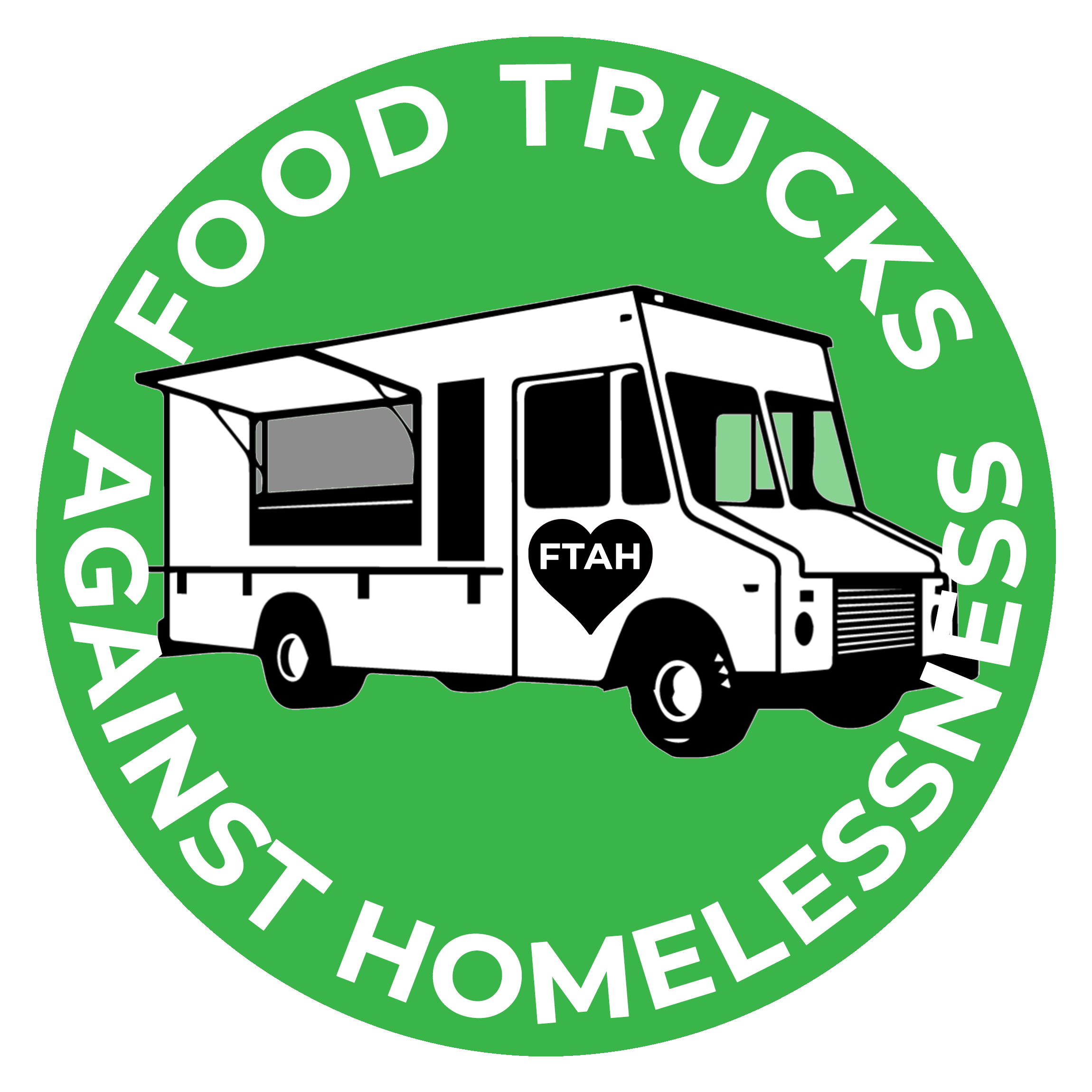


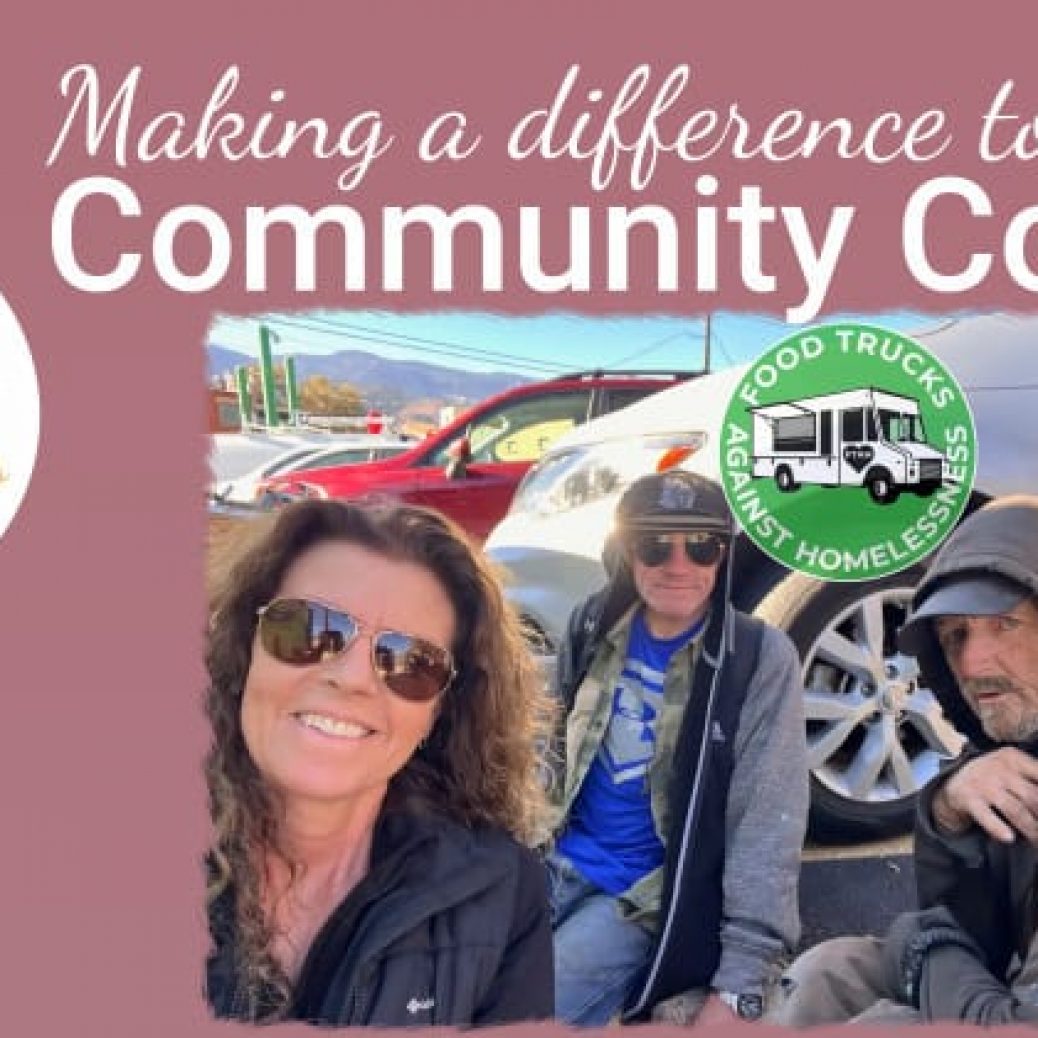

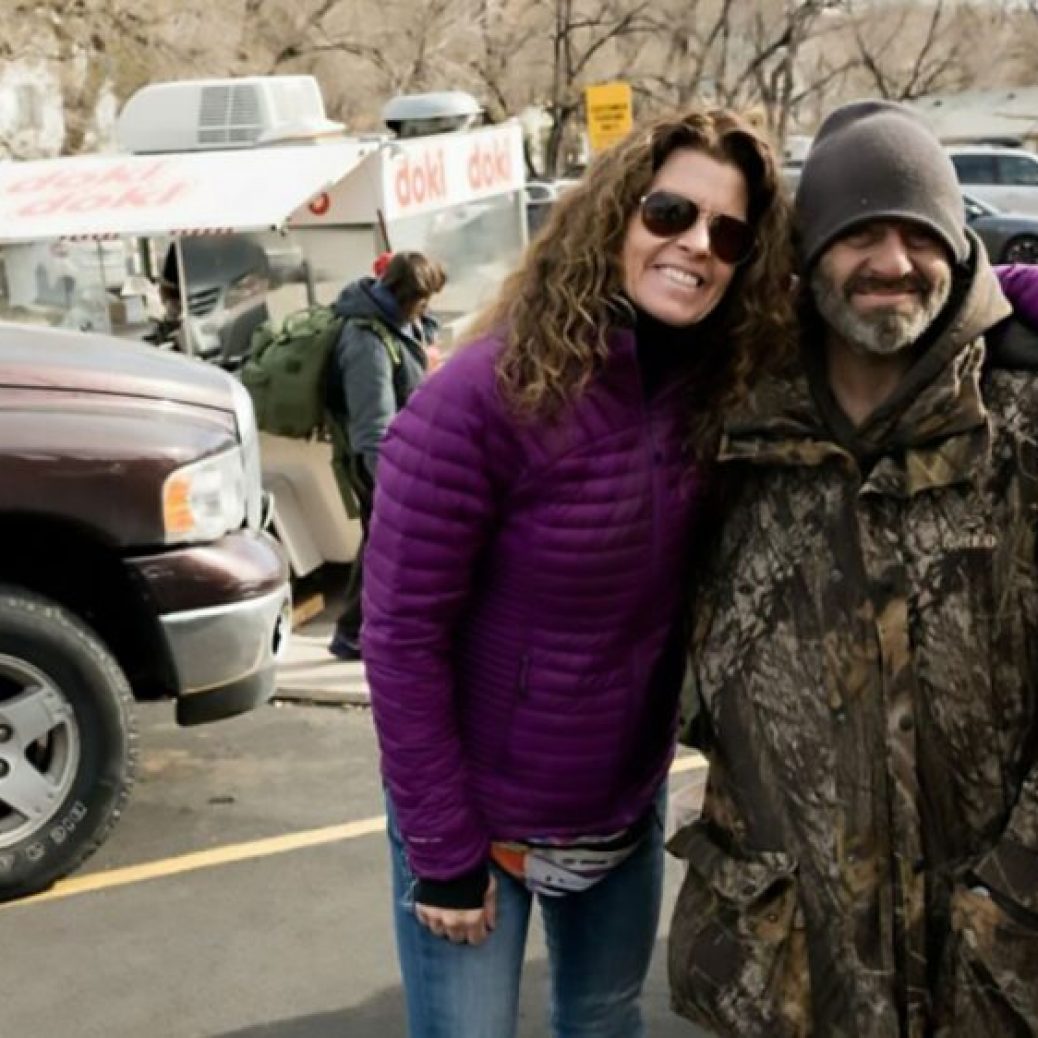
 We caught up with the brilliant and insightful Tracey Porter a few weeks ago and have shared our conversation below.
We caught up with the brilliant and insightful Tracey Porter a few weeks ago and have shared our conversation below.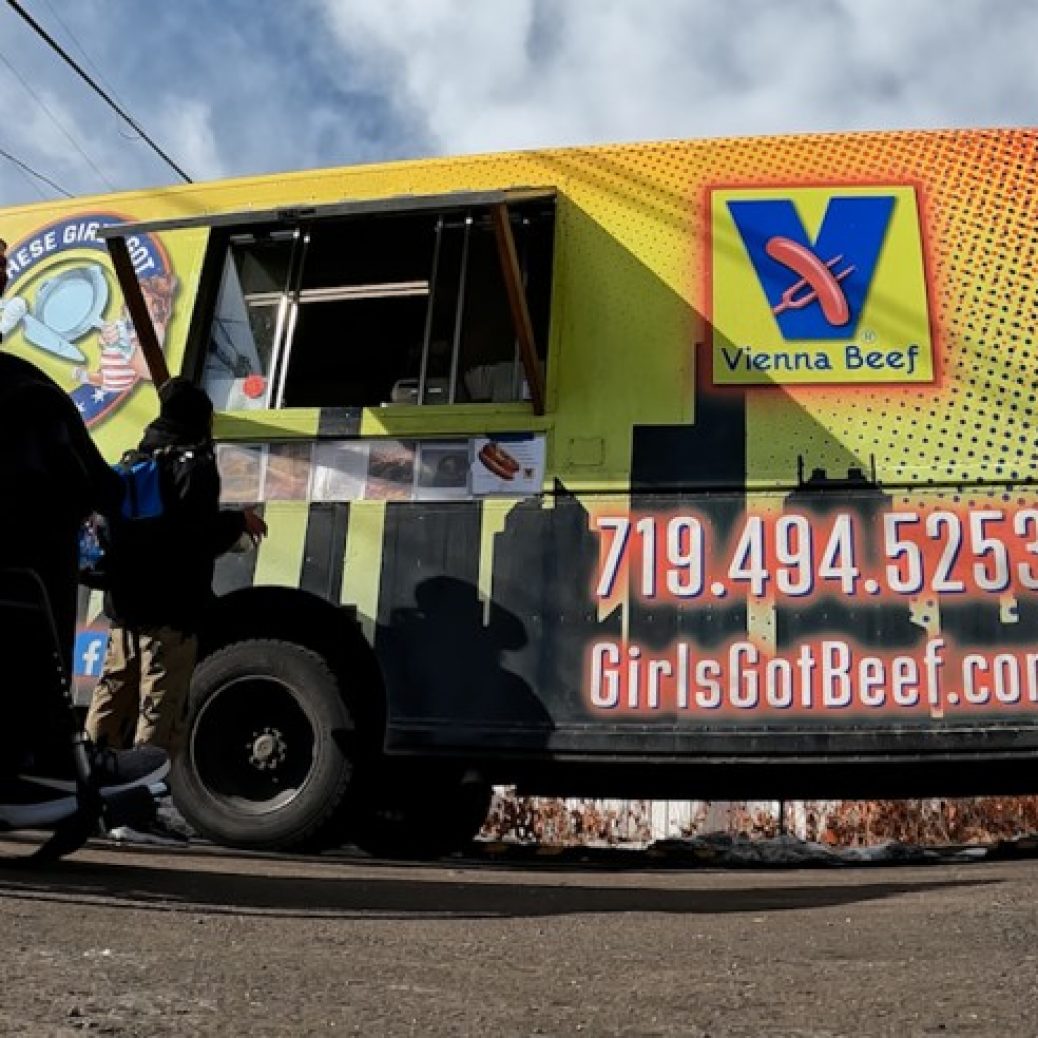
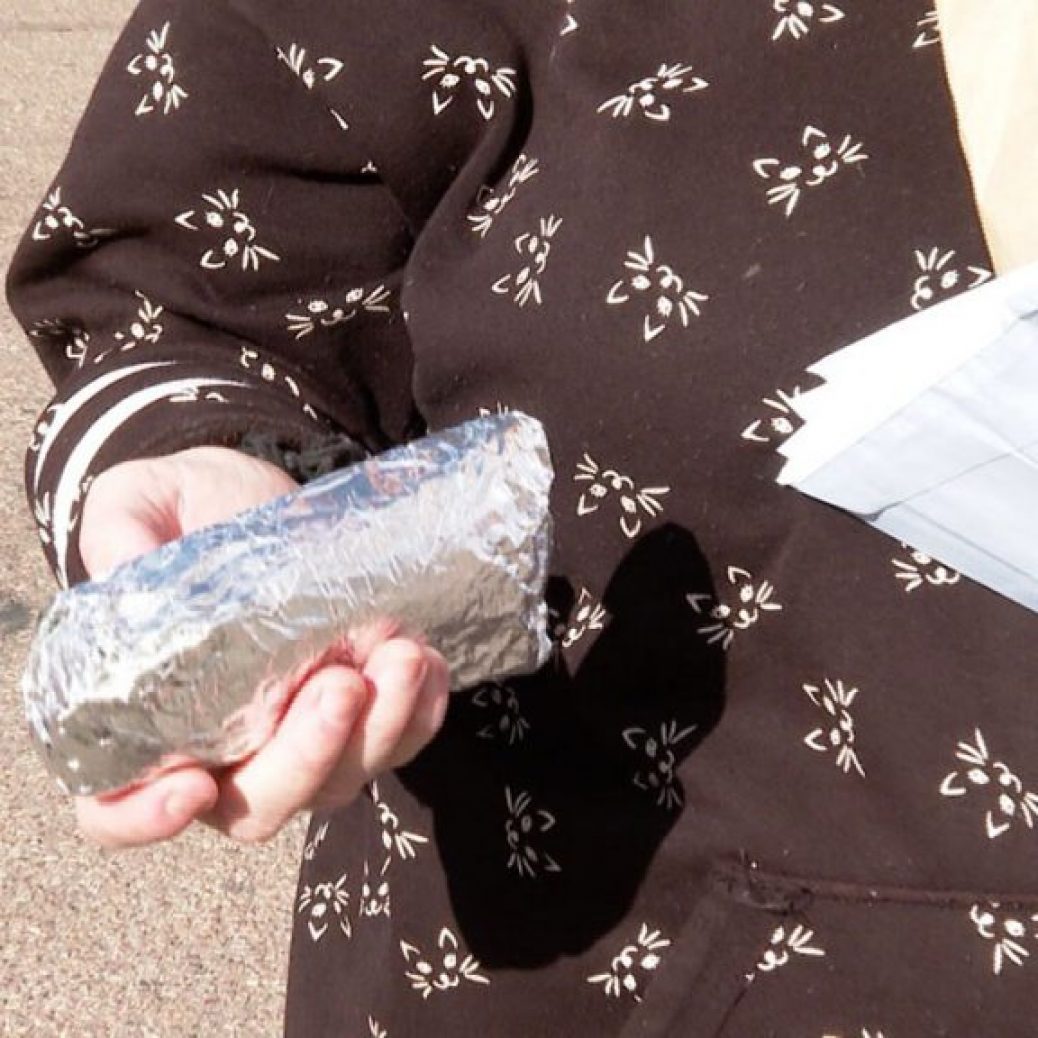
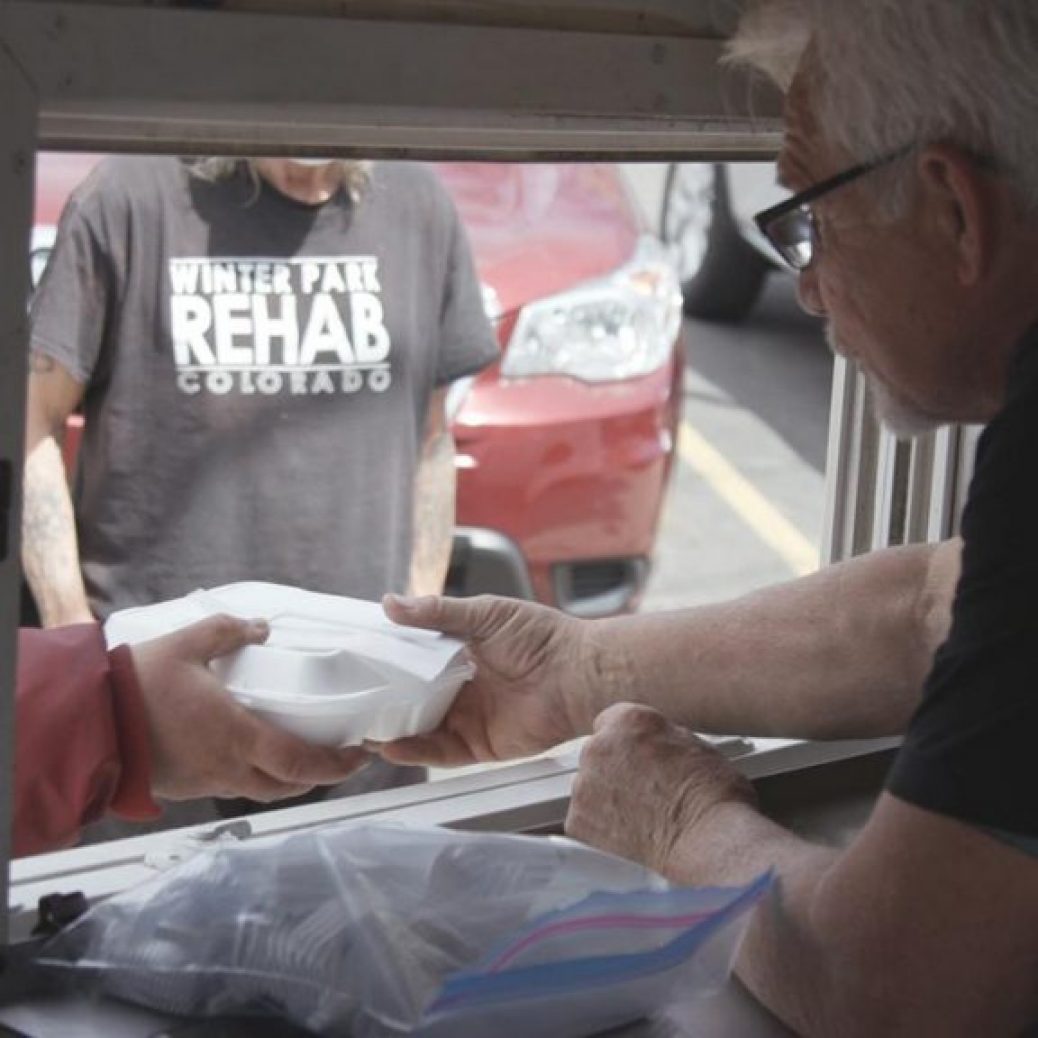
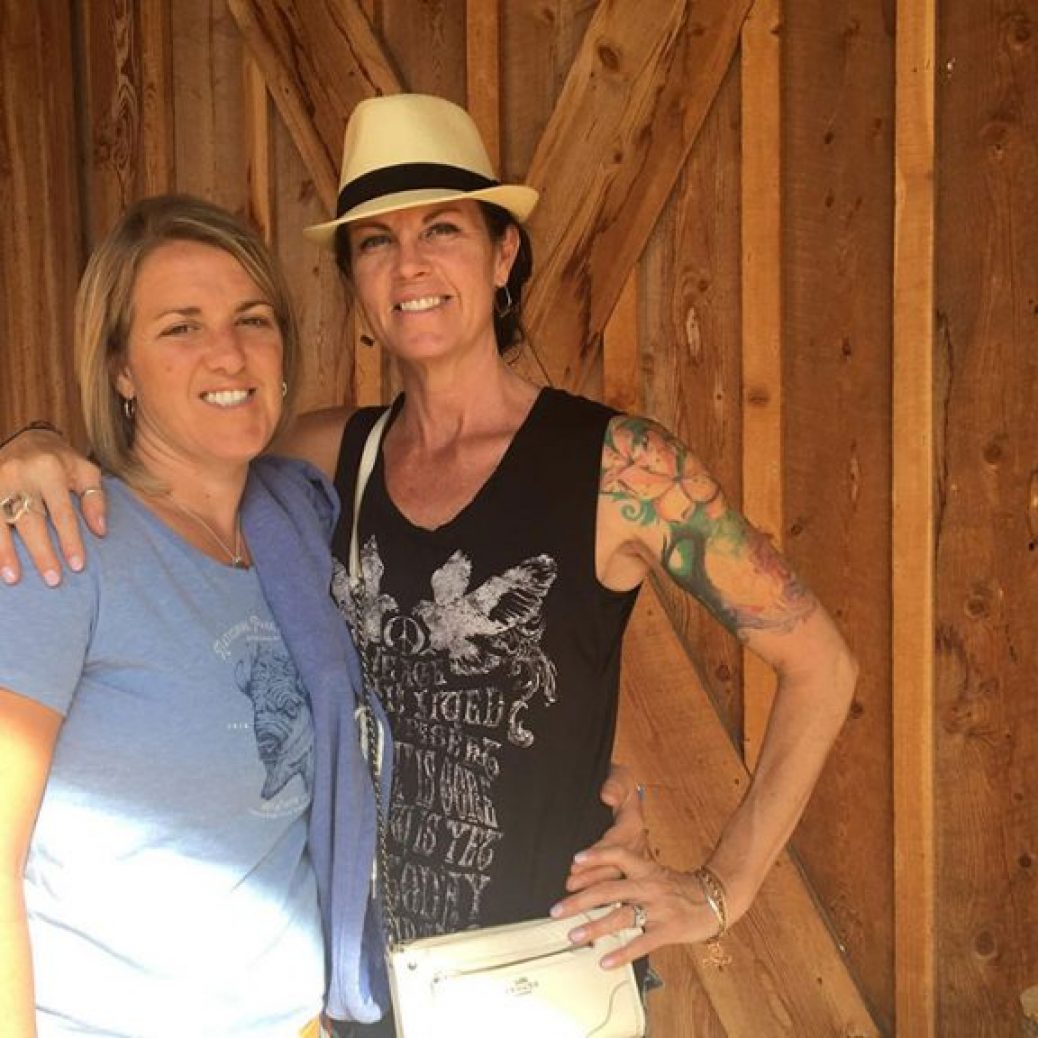
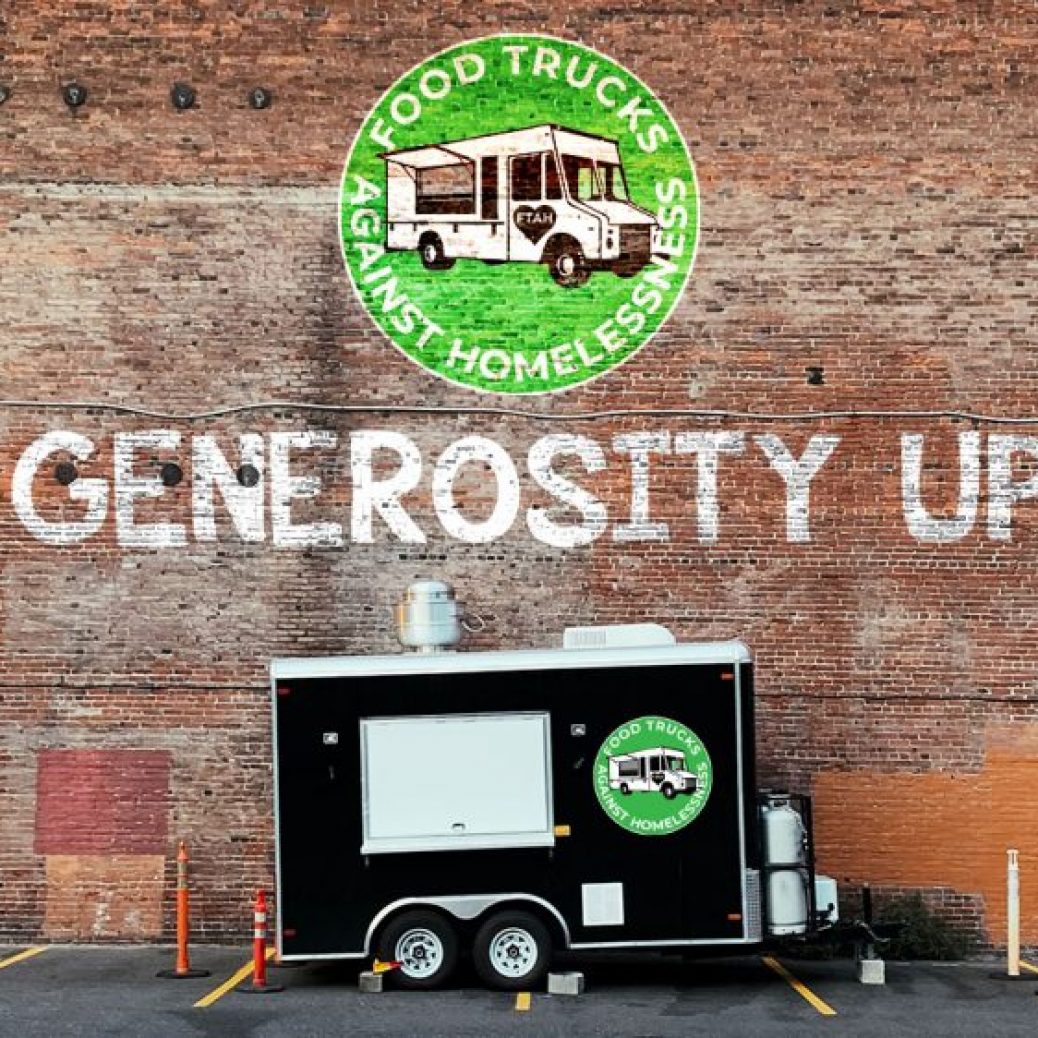
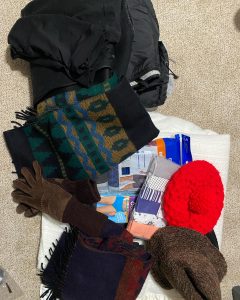 In 2022 we collected $8,747 in monetary donations that not only helped feed our neighbors. Together we served 2475 hot meals to our neighbors every other Monday in 2022. We have 2 food trucks that continue to partner with us, 8 new food trucks added this year, and 2 restaurants. We did have to cut down from serving weekly to every other week due to a decrease in donations from what we had in 2021.
In 2022 we collected $8,747 in monetary donations that not only helped feed our neighbors. Together we served 2475 hot meals to our neighbors every other Monday in 2022. We have 2 food trucks that continue to partner with us, 8 new food trucks added this year, and 2 restaurants. We did have to cut down from serving weekly to every other week due to a decrease in donations from what we had in 2021.